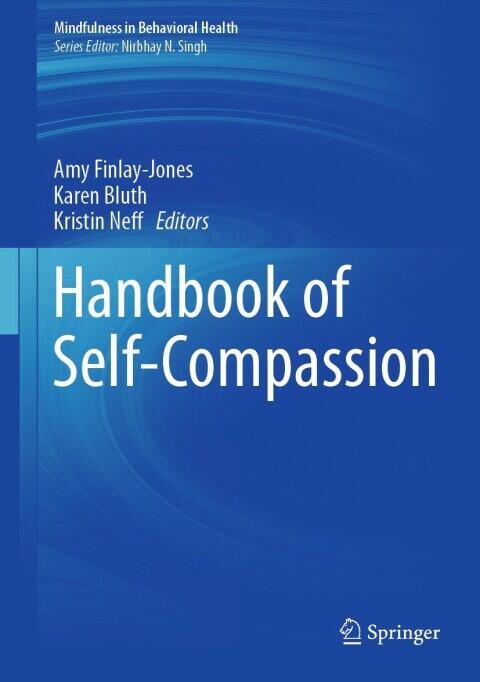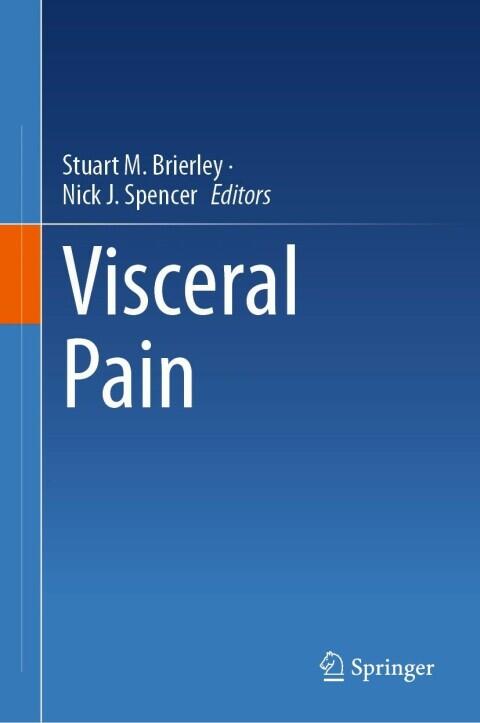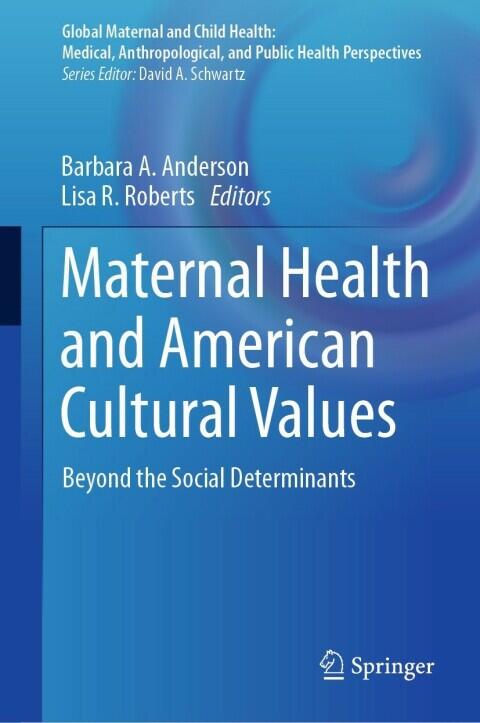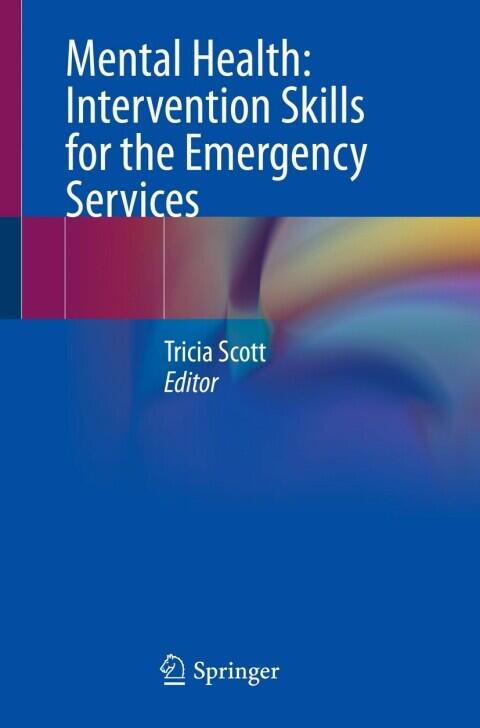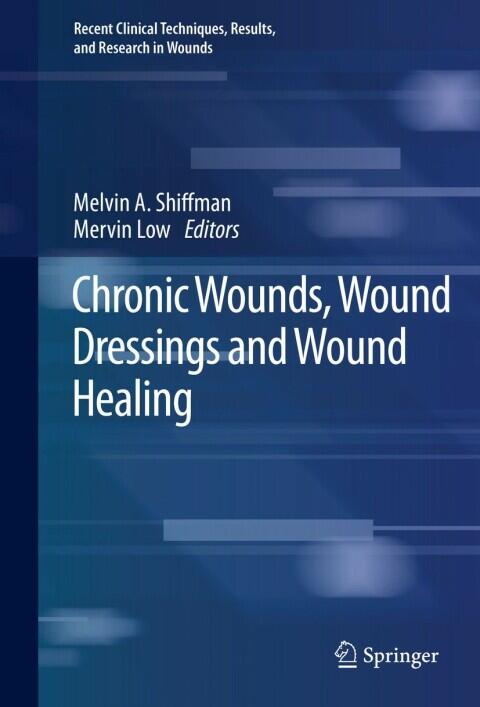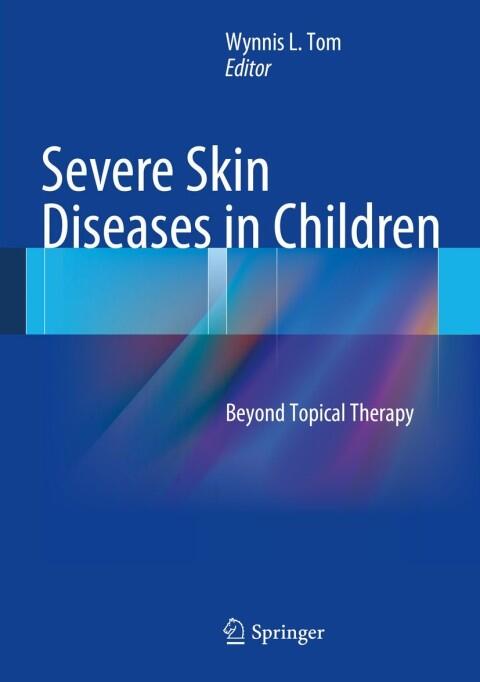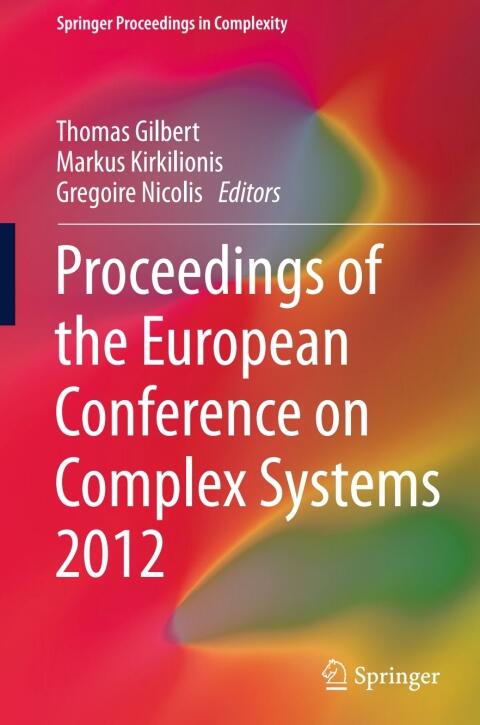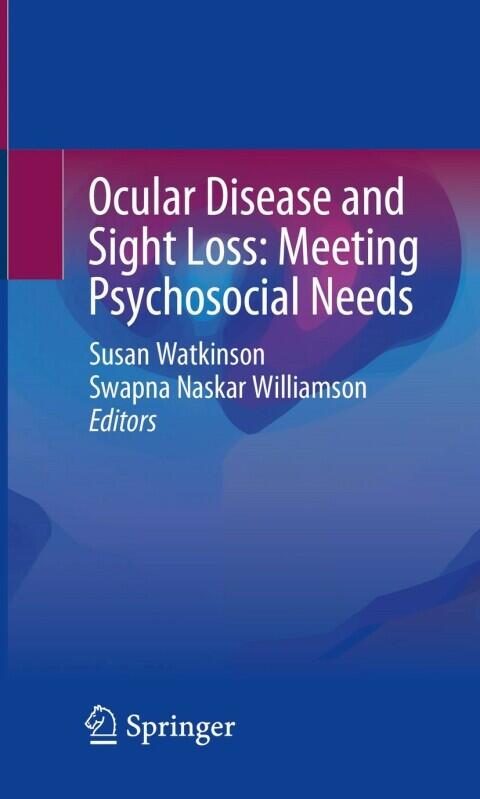
Ocular Disease and Sight Loss: Meeting Psychosocial Needs
によって
Charis E. Kubrin; Graham C. Ousey
まだ評価がありません
Health & Wellness
形式
キンドル
ページ数
160
言語
ドイツ語
公開されました
Jan 1, 2023
出版社
Springer
版
4
ISBN-10
3031217284
ISBN-13
9783031217289
説明
Charis E. Kubrin and Graham C. Ousey delve into the often-overlooked aspects of ocular disease and sight loss in their insightful work. With a strong focus on psychosocial care, the authors emphasize the integral role that emotional and social support play in the lives of individuals facing visual impairments. By exploring the intersection of physical health and mental well-being, the book provides a comprehensive understanding of the challenges that arise when one faces the prospect of losing their sight.
Throughout the narrative, Kubrin and Ousey present practical strategies for healthcare providers to enhance the quality of care through effective communication and empathetic interactions. They highlight the significance of addressing not only the medical needs of patients but also their emotional and psychological requirements. The book serves as a vital resource for those in the healthcare field, encouraging a more holistic approach to treatment that fosters resilience and hope in patients navigating the complexities of sight loss.
As they weave together clinical insights with real-life stories, the authors create a compelling case for the necessity of psychosocial support in ocular care. By shining a light on this crucial yet often neglected aspect of healthcare, they inspire practitioners to cultivate a more compassionate environment that acknowledges the profound impact of sight loss on individuals and their families.
Throughout the narrative, Kubrin and Ousey present practical strategies for healthcare providers to enhance the quality of care through effective communication and empathetic interactions. They highlight the significance of addressing not only the medical needs of patients but also their emotional and psychological requirements. The book serves as a vital resource for those in the healthcare field, encouraging a more holistic approach to treatment that fosters resilience and hope in patients navigating the complexities of sight loss.
As they weave together clinical insights with real-life stories, the authors create a compelling case for the necessity of psychosocial support in ocular care. By shining a light on this crucial yet often neglected aspect of healthcare, they inspire practitioners to cultivate a more compassionate environment that acknowledges the profound impact of sight loss on individuals and their families.

